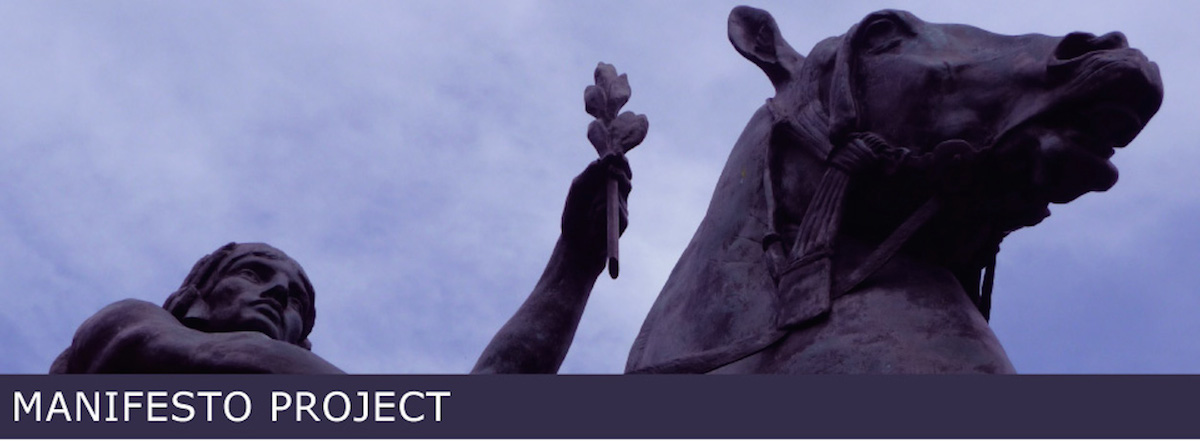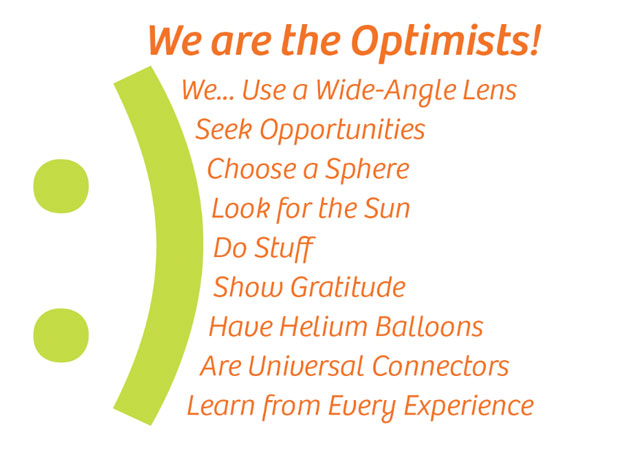
Creator: Michael Margolis, Believe Me: Why your vision, brand and leadership need a bigger story.
Purpose: To introduce a series of concepts for how to get others to believe in your story. In other words to create innovations and make change happen.
Believe Me Story Manifesto
1 Meaning
People don’t really buy a product, a solution, or idea, they buy the story that’s attached to it.
2 Perception
A brand is far more than just a name, a logo, or a tagline; it’s the stories that people tell about you.
3 Relationship
Every story exists in relationship to everything else around it.
4 Memory
We all want to look back at the story of our lives, and know that it made sense.
5 Choices
The stories we tell literally make our world.
6 Disbelief
The power of your story grows exponentially as more and more people accept your story as their truth.
7 Culture
If you want to learn about a culture, listen to the stories. If you want to change a culture, change the stories.
8 Leadership
Leaders lead by telling stories that give others permission to lead, not follow.
9 Convergence
Storytelling is our most basic technology, evolved through twenty-first-century innovation.
10 Epic
We all seek to experience our life in the most heroic of terms.
11 Change
Nobody likes a change story, especially a change story we have no control over. What people really need is a continuity story.
12 Identity
Our fate as a species is contained in the story. Both tyranny and freedom are constructed through well-supported narratives.
13 Freedom
Storytelling empowers, because it escapes the need to claim absolute truth.
14 Evolution
Reinvention is the new storyline.
15 Prophesy
Storytelling is like fortune-telling. The act of choosing a certain story determines the probability of future outcomes.
Source
Download the book: www.BelieveMeTheBook.com
Author’s Blog and more: www.GetStoried.com
Thanks to Mark Jones for pointing out this manifesto!











